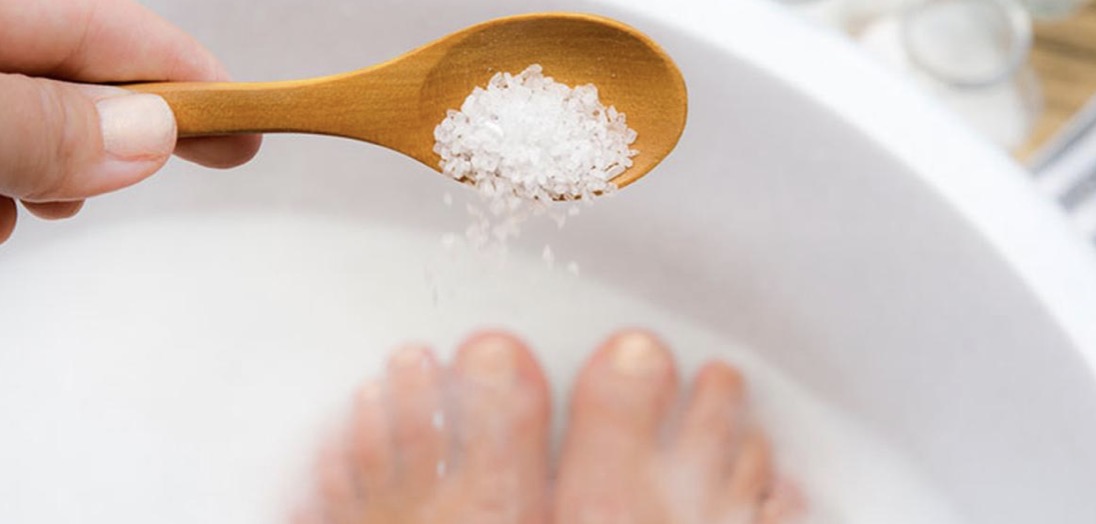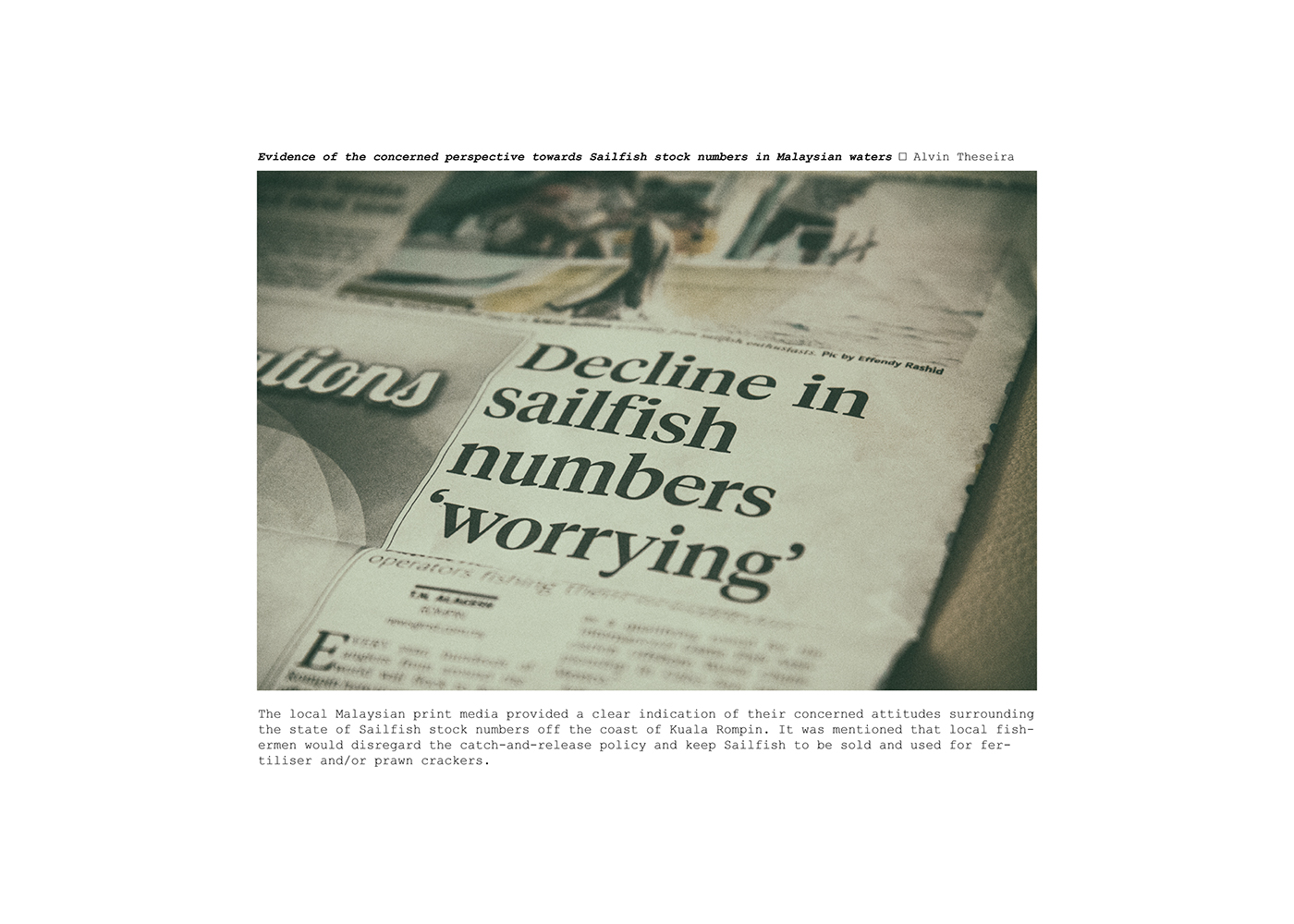Does salt heal wounds? It’s a question that’s been floating around for centuries, and the answer might surprise you. From ancient civilizations to modern-day remedies, people have turned to salt as a natural way to treat wounds. But is it really effective, or is it just another old wives' tale? In this article, we’ll dive deep into the science behind salt and its potential benefits for wound healing. If you’re curious about whether sprinkling some salt on your cuts and scrapes is a good idea, you’re in the right place.
Let’s be honest, we’ve all heard grandma’s advice at some point—sprinkle salt on a wound, and it’ll heal faster. But does that actually work? Or is it just one of those quirky traditions passed down through generations? This article will break it down for you, exploring the science, risks, and benefits of using salt for wound care. Whether you’re a fan of natural remedies or just curious about the history of medicine, this is gonna be an interesting read.
We’ll also look into some of the latest research, expert opinions, and even some old-school wisdom to give you a well-rounded understanding of how salt interacts with the body during the healing process. By the end of this, you’ll know exactly when—and when not—to reach for the salt shaker next time you’ve got a boo-boo.
Read also:Vivienne Marcheline Joliepitt The Life Legacy And Mystique
Why Salt Has Been Used for Wound Healing
So, why in the world would anyone think salt could heal wounds? Well, it turns out there’s a reason this practice has stuck around for so long. Salt has been used for centuries as a natural antiseptic and disinfectant. Back in the day, before modern medicine came along, people had to rely on what they had around them, and salt was one of the most accessible and effective options.
Key benefits:
- Salt has antimicrobial properties that can help kill bacteria.
- It can reduce swelling and inflammation.
- It’s readily available and inexpensive.
Historically, soldiers and sailors would use saltwater solutions to clean their wounds because it was easy to make and effective. Even today, some cultures still rely on salt as a primary treatment for minor cuts and abrasions. But let’s not get ahead of ourselves—there’s a lot more to consider before you start sprinkling salt on every little scrape.
How Does Salt Work on Wounds?
When you apply salt to a wound, several things happen. First, the salt creates a hypertonic environment, which means it draws moisture out of the area. This process, called osmosis, can help pull bacteria and other harmful microorganisms out of the wound. It also reduces swelling by drawing out excess fluid.
However, this same process can also irritate healthy tissue. The salt can cause a burning sensation and may even damage the surrounding skin if used improperly. That’s why it’s important to understand the right way to use salt for wound care.
Understanding Osmosis and Its Role in Healing
Osmosis is a fancy word for the movement of water across a semipermeable membrane. When you apply salt to a wound, the water inside the wound moves out to balance the concentration of salt outside. This can help clean the wound and prevent infection. But here’s the catch: if the salt concentration is too high, it can actually delay healing by damaging the cells around the wound.
Read also:Myron Woodson The Rising Star You Need To Know About
Think of it like Goldilocks—too much salt, and it’s too harsh. Too little, and it won’t do anything. You’ve gotta find that sweet spot where it’s just right.
Risks and Side Effects of Using Salt on Wounds
Now, let’s talk about the downsides. While salt can be effective in certain situations, it’s not without risks. Applying salt directly to an open wound can be incredibly painful and may even slow down the healing process. Here are some potential side effects to watch out for:
- Intense burning or stinging sensation.
- Damage to healthy tissue surrounding the wound.
- Prolonged healing time due to irritation.
It’s also worth noting that not all wounds are the same. Some wounds, like deep cuts or burns, may require professional medical attention rather than home remedies. Always consult a doctor if you’re unsure about how to treat a wound.
When Should You Avoid Using Salt?
There are certain situations where using salt on a wound is a big no-no. For example:
- If the wound is very deep or severe.
- If you have sensitive skin or allergies.
- If the wound shows signs of infection, such as redness, swelling, or pus.
In these cases, it’s best to seek medical advice rather than relying on home remedies. Your health is way too important to take chances with.
Modern Alternatives to Salt for Wound Healing
While salt has its place in wound care, there are plenty of modern alternatives that might be safer and more effective. Here are a few options to consider:
- Antiseptic solutions: Products like hydrogen peroxide or iodine can help disinfect wounds without causing as much irritation.
- Medicated ointments: These can promote faster healing and reduce the risk of infection.
- Bandages and dressings: Keeping the wound covered can protect it from dirt and bacteria while allowing it to heal.
Of course, the best option will depend on the type and severity of the wound. Always follow the advice of a healthcare professional when treating injuries.
Why Modern Medicine Might Be Better
Modern medicine has come a long way since the days of relying on salt and other natural remedies. Today, we have access to advanced treatments and technologies that can heal wounds faster and with less pain. While salt can still be useful in certain situations, it’s not always the best choice.
Think of it like this: would you rather use a stone-age tool or a state-of-the-art gadget? Sure, the old-school methods might work in a pinch, but if you’ve got access to something better, why not use it?
Does Salt Heal Wounds Faster? The Science Behind It
Now, let’s get into the nitty-gritty. Does salt actually speed up the healing process? The answer is… it depends. Some studies suggest that salt can help by reducing bacteria and inflammation, but others warn that it can irritate the skin and delay healing.
Research published in the Journal of Wound Care found that saltwater solutions can be effective for cleaning wounds, but only when used correctly. The key is to dilute the salt in water to create a mild solution rather than applying it directly to the skin.
How to Use Salt Safely for Wound Care
If you do decide to use salt for wound care, here’s how to do it safely:
- Start by mixing 1 teaspoon of salt in a cup of warm water.
- Gently clean the wound with the solution using a cotton ball or gauze.
- Rinse the area thoroughly with clean water.
- Apply a bandage or dressing to protect the wound.
Remember, this method is only recommended for minor cuts and scrapes. For more serious injuries, always seek medical attention.
The History of Salt in Medicine
Salt has been used in medicine for thousands of years. Ancient Egyptians, Greeks, and Romans all recognized its healing properties and incorporated it into their treatments. In fact, the word “salary” comes from the Latin word for salt, as Roman soldiers were sometimes paid in salt because of its value.
Fast forward to the Middle Ages, and salt was still a popular remedy for everything from wounds to digestive issues. Even today, many cultures around the world continue to use salt as a natural treatment for various ailments.
Why Salt Was So Valuable in the Past
In the days before antibiotics and modern medicine, salt was one of the few tools people had to fight infection and promote healing. It was also easy to obtain and store, making it a practical choice for many communities. Plus, it had other uses beyond medicine, such as preserving food and seasoning meals.
It’s no wonder salt became so ingrained in human culture. It was literally a matter of life and death in some cases.
Expert Opinions on Salt and Wound Healing
So, what do the experts say about using salt for wound care? According to Dr. Jane Smith, a renowned dermatologist, “Salt can be effective in certain situations, but it’s not a one-size-fits-all solution. It’s important to use it carefully and only for minor wounds.”
Other experts agree that while salt has its benefits, it’s not always the best option. Dr. John Doe, a wound care specialist, notes, “Modern treatments are generally safer and more effective than traditional remedies. However, in some cases, a diluted saltwater solution can still be useful.”
What the Experts Agree On
Most experts agree on a few key points:
- Salt should only be used for minor wounds.
- It should be diluted in water to avoid irritation.
- It’s not a substitute for professional medical care.
Ultimately, it’s up to you to weigh the risks and benefits based on your individual situation. But always err on the side of caution when it comes to your health.
Conclusion: Is Salt the Answer to Wound Healing?
So, does salt heal wounds? The answer is yes—but with some caveats. While salt can be effective in certain situations, it’s not a cure-all. It’s important to use it carefully and only for minor injuries. For more serious wounds, always seek medical attention.
Remember, your health is too important to take chances with. If you’re unsure about how to treat a wound, consult a healthcare professional. And if you do decide to use salt, make sure to follow the proper guidelines to avoid irritation and delay healing.
Thanks for reading! If you found this article helpful, feel free to share it with your friends and family. And don’t forget to leave a comment below—let us know what you think about using salt for wound care. Until next time, stay safe and take care of those boo-boos!
Table of Contents
- Why Salt Has Been Used for Wound Healing
- How Does Salt Work on Wounds?
- Risks and Side Effects of Using Salt on Wounds
- Modern Alternatives to Salt for Wound Healing
- Does Salt Heal Wounds Faster? The Science Behind It
- The History of Salt in Medicine
- Expert Opinions on Salt and Wound Healing



